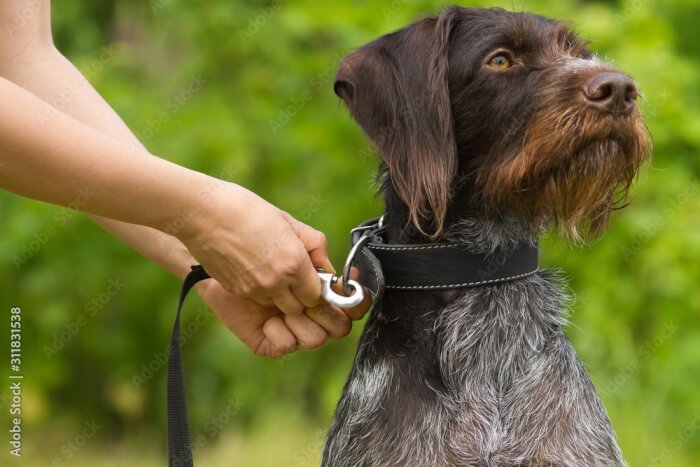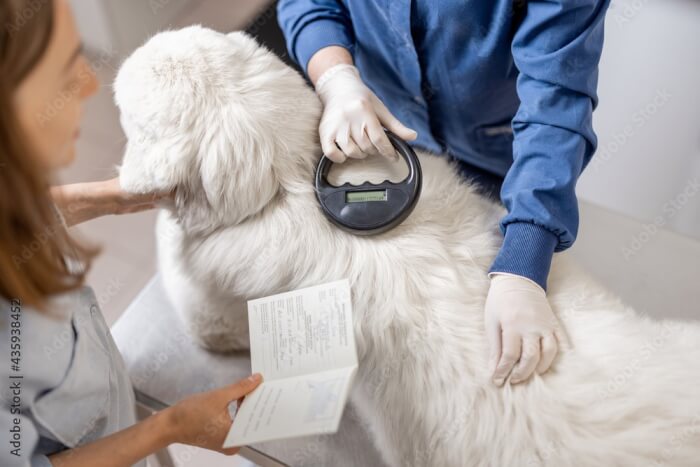Many pet owners attach their information to their pets’ collars to prepare for unexpected situations. Recently, instead of an individual choice, it is compulsory to tag dogs according to the Control of Dogs Order 1992.
"Even if your dog is microchipped, they still need to wear a collar or tag. Exemptions apply for some working dogs," the Blue Cross states. "We recommend you add your mobile number so you can be contacted at any time in case your dog goes missing."
Additionally, puppies from eight weeks old must be microchipped and registered, or breeders could face punishment for violating the law. When puppies are adopted, registration and microchip paperwork must be passed on to new owners. Dog owners may have to pay £500 or undergo criminal prosecution if they do not abide by the law.
Some dogs with health problems could avoid microchips with a certificate of exception from vet clinics: "The law applies to dogs and puppies over the age of eight weeks. Exemptions are available if a vet believes there is a valid health reason not to microchip a dog. The vet must issue the owner with a certificate of exemption in this instance."
The Blue Cross claimed: "Owners are required to keep their pets’ details up to date, for example, if they move house. If you rehome your dog to someone else, you must give the new owner the correct microchip registration paperwork so that they can contact the database and register as the dog’s new owner."
Do you think this is a helpful law to protect pets? If you are a dog owner, do you feel tired and annoyed at the complicated paperwork? Is there any similar policy in your place? Please write down your opinions in the comment below.
 Source: stock.adobe.com
Source: stock.adobe.com
"Even if your dog is microchipped, they still need to wear a collar or tag. Exemptions apply for some working dogs," the Blue Cross states. "We recommend you add your mobile number so you can be contacted at any time in case your dog goes missing."
 Source: stock.adobe.com
Source: stock.adobe.com
Additionally, puppies from eight weeks old must be microchipped and registered, or breeders could face punishment for violating the law. When puppies are adopted, registration and microchip paperwork must be passed on to new owners. Dog owners may have to pay £500 or undergo criminal prosecution if they do not abide by the law.
 Source: stock.adobe.com
Source: stock.adobe.com
Some dogs with health problems could avoid microchips with a certificate of exception from vet clinics: "The law applies to dogs and puppies over the age of eight weeks. Exemptions are available if a vet believes there is a valid health reason not to microchip a dog. The vet must issue the owner with a certificate of exemption in this instance."
 Source: stock.adobe.com
Source: stock.adobe.com
The Blue Cross claimed: "Owners are required to keep their pets’ details up to date, for example, if they move house. If you rehome your dog to someone else, you must give the new owner the correct microchip registration paperwork so that they can contact the database and register as the dog’s new owner."
 Source: stock.adobe.com
Source: stock.adobe.com
Do you think this is a helpful law to protect pets? If you are a dog owner, do you feel tired and annoyed at the complicated paperwork? Is there any similar policy in your place? Please write down your opinions in the comment below.